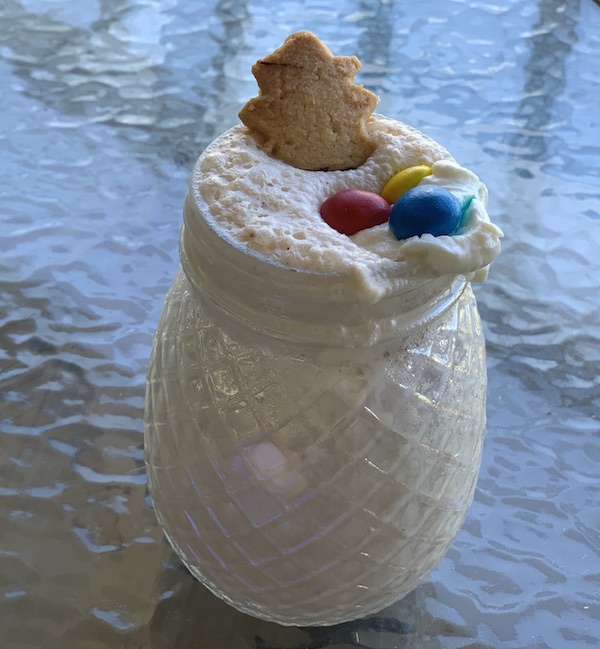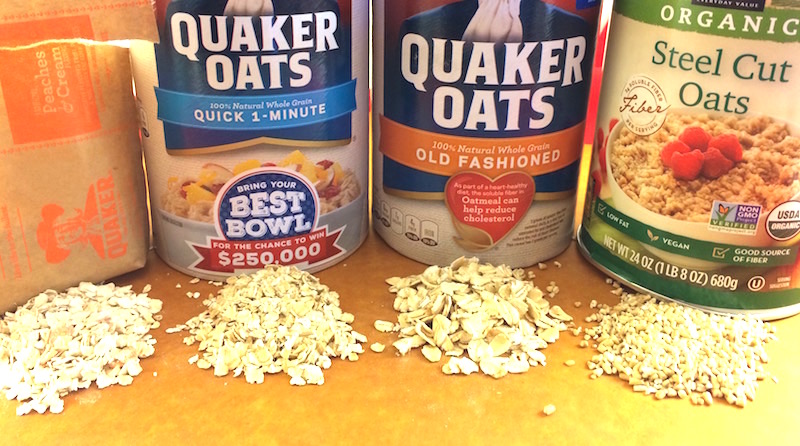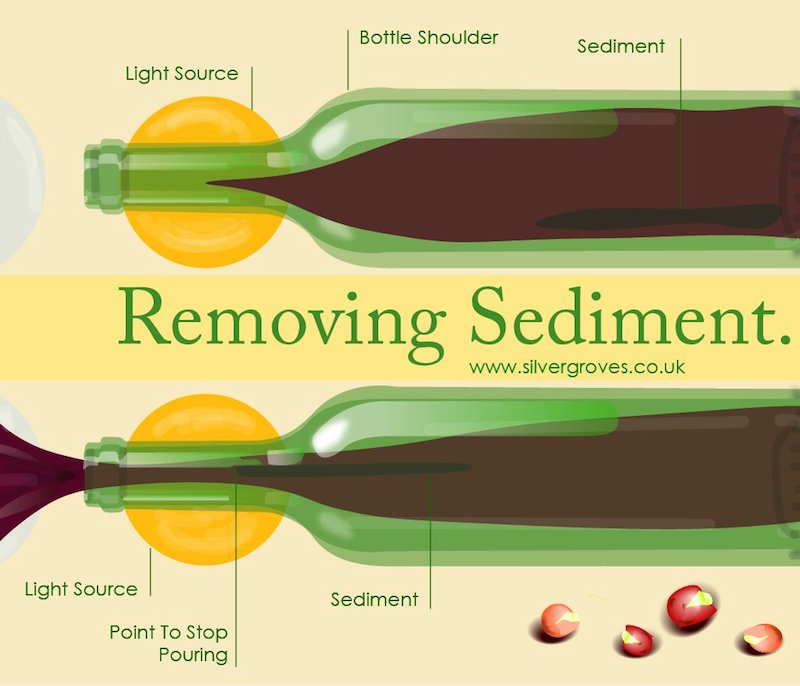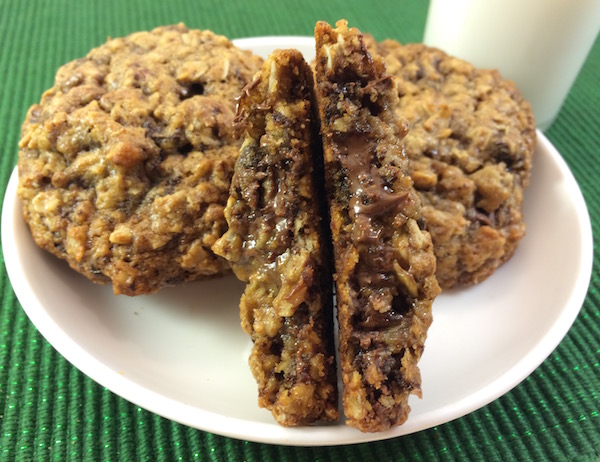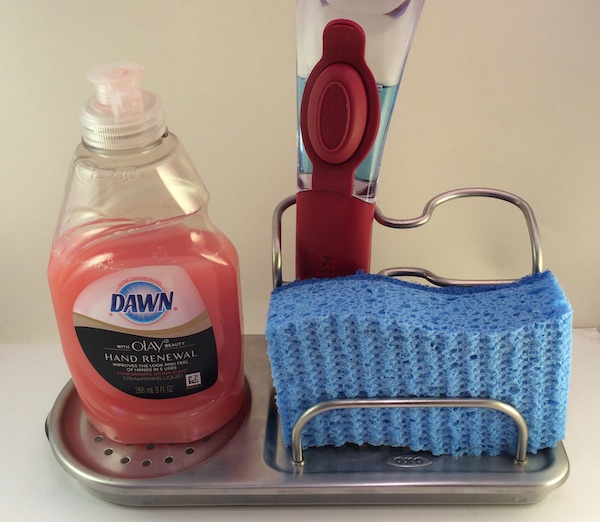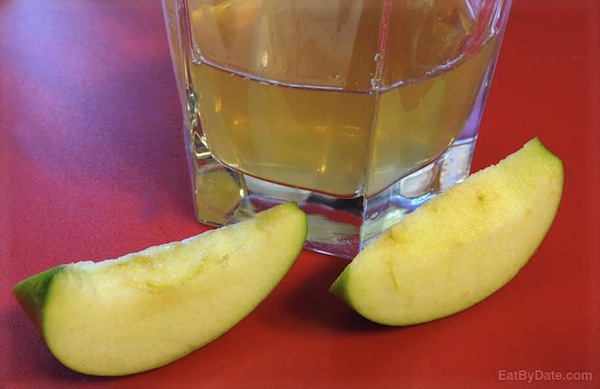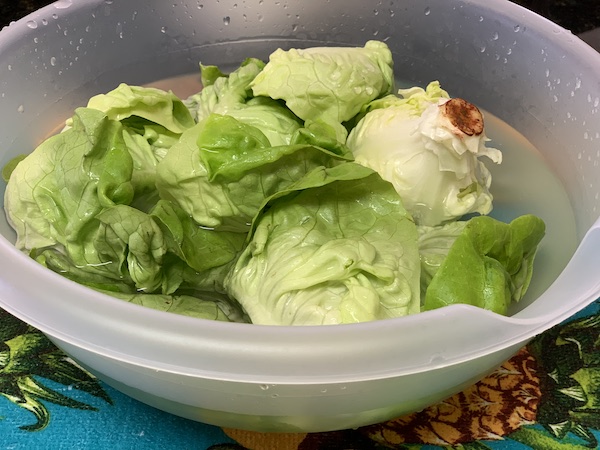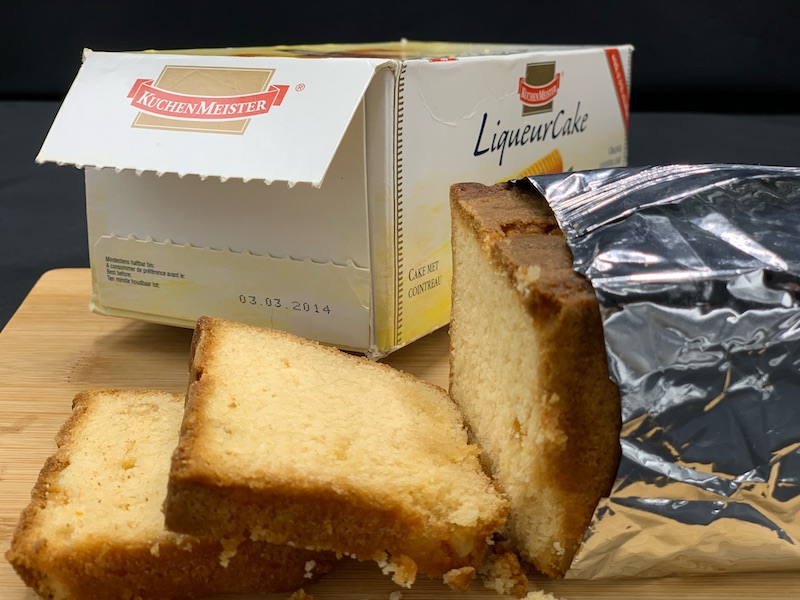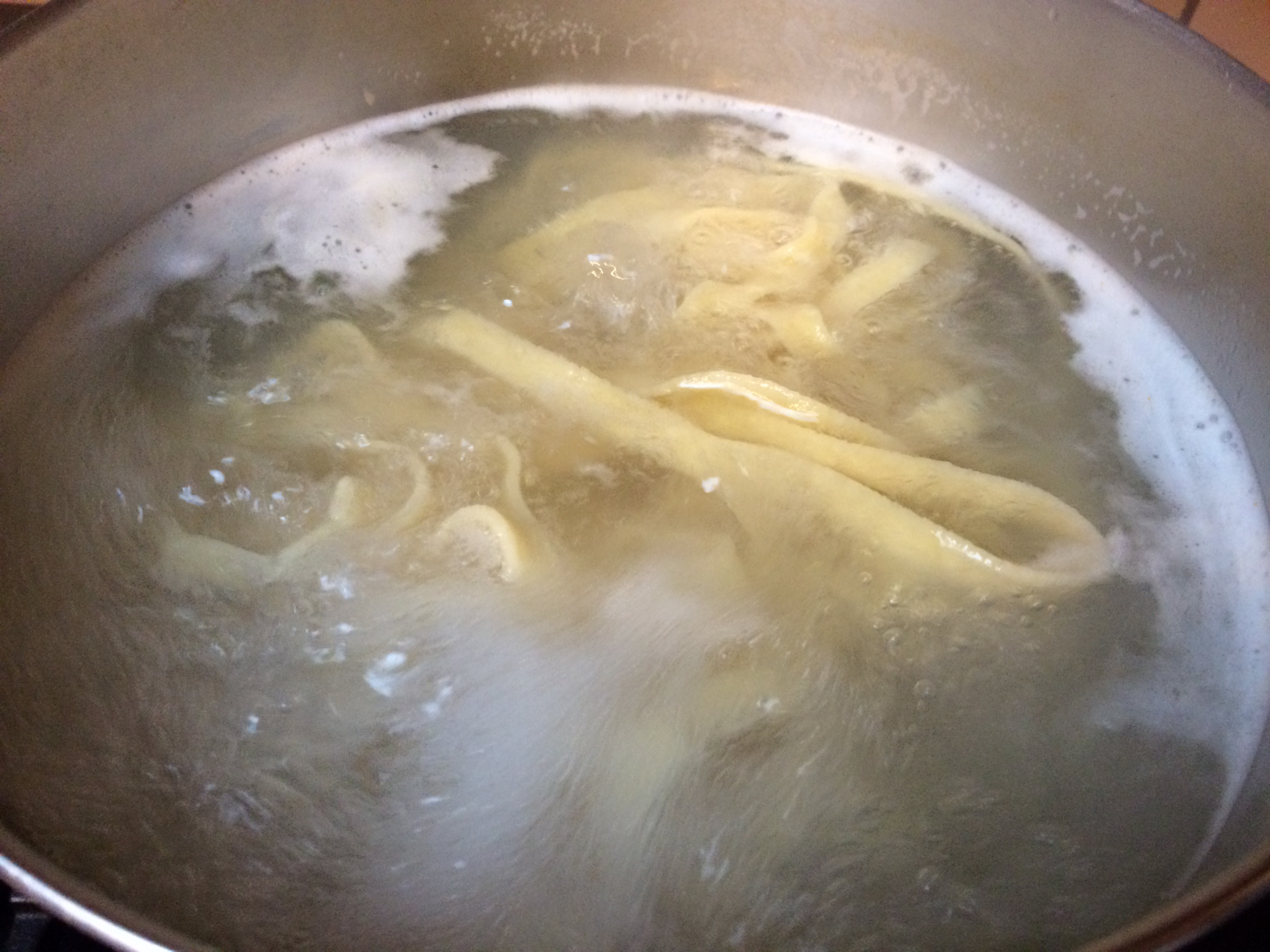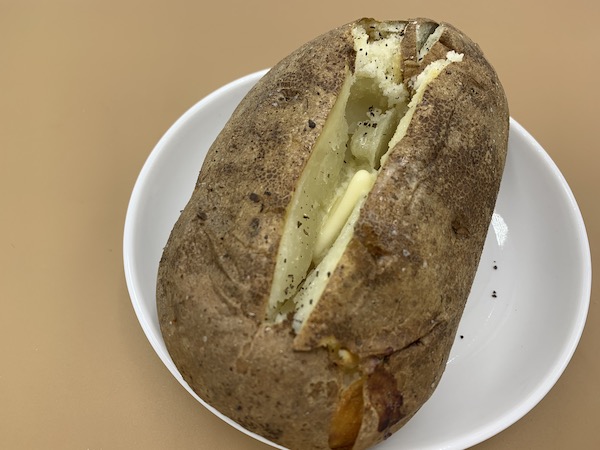Does Freezing Kill Germs?
Question:
Does freezing kill germs?
Does freezing kill
bacteria?
Answer:
This answer may surprise you, but it turns out that bacteria actually can survive even in the deepest freeze. It doesn’t flourish, but it does survive.
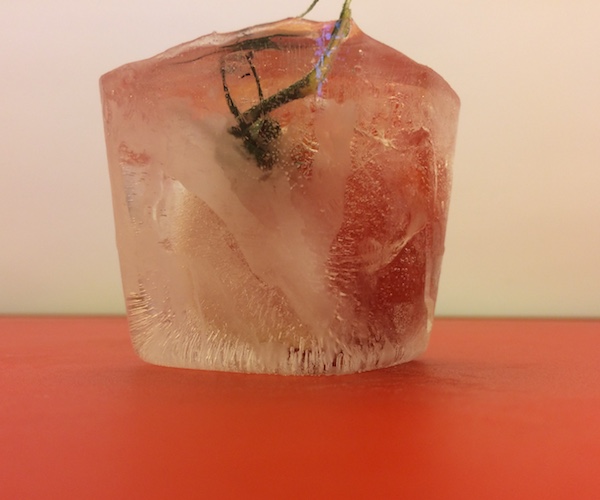
Does Freezing Kill Germs?
Can you take that casserole left in the back of the
fridge for longer than its
use by date
and stick it into the freezer for safe keeping?
Well, you could… but the freezer is not a
miracle worker!
Freezing preserves foods
in their current state for
indefinite amounts of time.
So, a freezer can keep good foods good… but it
can also keep bad foods bad!
Food that remains consistently stored at 0 °F (or
below) will remain safe while frozen.
It is the quality that begins to suffer with
extended storage in the freezer. Food is safe
because molecule movement decreases in the cold,
causing microbes to enter a dormant or inactive
state. Freezing preserves food for extended periods
because it prevents the growth of microorganisms
(bacteria, yeasts and molds) that cause both food
spoilage and foodborne illness.
[1]
Freezing does not kill bacteria.
If any bacteria existed before freezing, it will
merely slow down the multiplication process that was
currently occurring in the refrigerator. Once the
food is removed from the freezer and begins to thaw
out, the bacteria in the bad food wakes up and
continues right back into rapid multiplication mode
like nothing ever happened. The germs sort of take a
nap in the freezer, just dreaming of the day that
they are removed from the cold and continue their
life cycle.
Once thawed, any microorganisms that may have been present in the pre-frozen state of frozen food will again become active and multiply under the right conditions at the same rate as before freezing. This thawed food would then again pose the threat of food-borne illness. Therefore, thawed items must be handled just like any other perishable food (see below).
Fresh in, fresh out
If foods are frozen at peak freshness and quality,
their condition after freezing will be better than
unfrozen foods that are nearing their eat by dates.
So, always attempt to freeze excess foods sooner
rather than later and be sure the temperature of the
freezer remains at 0° F or lower.
If food is about to go bad, then cook it and use it up quickly. If food has actually gone bad, then throw it out instead of wasting precious freezer space. Most of our pages will explain how to tell if a certain food is going bad and often even give suggestions of what to do with it before it actually goes bad and must be tossed.
Nutrient retention
Freezing does not destroy vitamins and nutrients.
There is actually very little difference in these
values between fresh and frozen, if the foods are
frozen while at peak quality.
Other parasites
Some parasites can be destroyed by sub-zero freezing
temperatures, but only under very strict
government-supervised conditions. Home freezing
cannot destroy any parasites, although thorough
cooking can.
Enzymes
Enzymes in foods promote chemical reactions that can
lead to the deterioration of food quality, such as
ripening. Freezing also slows down enzyme activity,
but does not completely stop all activity as this
also again resumes upon thawing.
Proper thawing is essential to food
safety.
There are two safe ways to thaw frozen foods:
1) Place the frozen food into the refrigerator
overnight (or longer).
2) Place the sealed frozen food into a bucket of
cold water and change the cold water every 30
minutes until the food is thawed.
If a frozen food has been thawed on the counter, in a broken freezer or in the microwave then be sure to thoroughly cook and use the food immediately after thawing. [2]
Always reheat leftovers thoroughly before eating.
Most people have heard of listeria and salmonella outbreaks from fresh foods such as spinach and lettuce, but many are not aware that foods purchased frozen are also susceptible to these same potential dangers. There have been CDC recalls on such things as frozen vegetables and frozen chicken.
Does Freezing Kill Germs?
Additional Info
Vegetables can be a little tricky to freeze in order to retain their proper texture and color. To get tips on how to freeze various fresh vegetables, visit our freezing vegetables post.
Some foods just don’t freeze well in the first place, we’ve explored a few in detail with the following posts: can you freeze cheese, freeze potatoes, freeze tomatoes and freeze yogurt.
To learn more freezer basics, see our freezer post.
For a short, yet informative, video explaining nutritional values of fresh and frozen fruits and vegetables, see our fresh vs frozen post.

